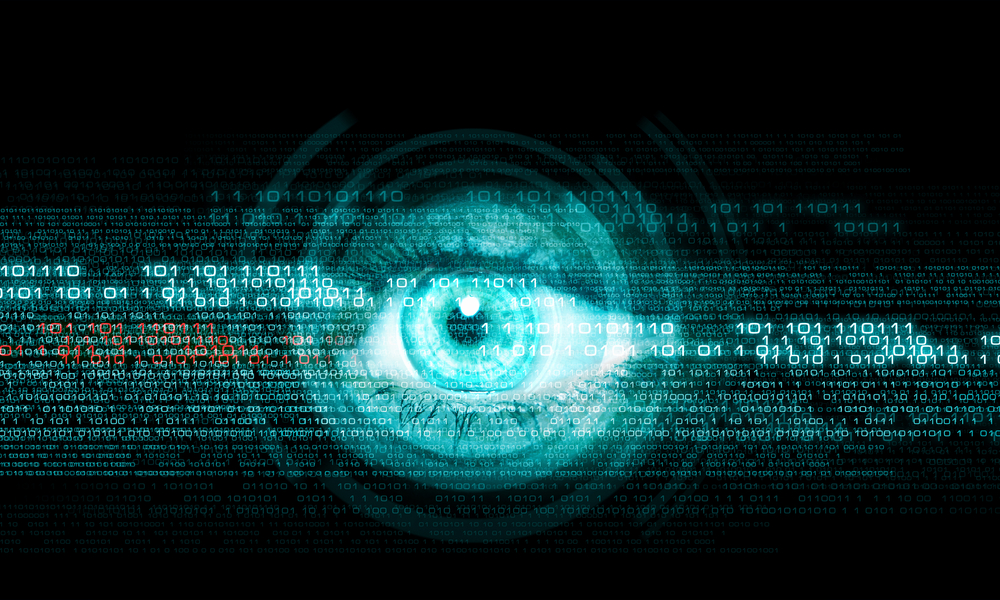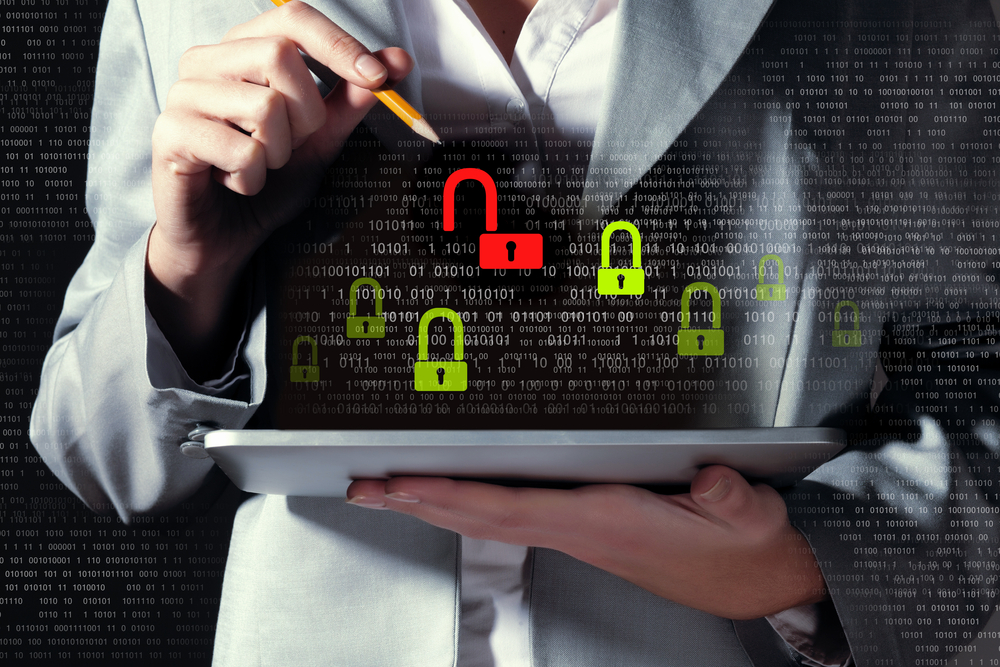Posted by Punk POS ● May 12, 2020 1:44:33 PM
What Is a VPN | And Why Do You Need One?
Virtual Private Network, otherwise known as a VPN, is the best tool you can use to hide your online activity. VPNs allow you to change your IP address so that you can stay private and avoid third-party tracking. With a quality VPN, you can mask your activity to hide information from your internet service provider, stay safe when using public Wi-Fi, and log into websites without being tracked.

Internet Service Providers (ISPs) can see what you’re doing online and can monitor your internet traffic when you’re logged on. On top of your ISP, hackers can spy on your activity through your IP address and steal information like your usernames and passwords.
How does a VPN work?
A VPN works by routing your computer’s internet connection through a private server that you choose from your VPN service provider. This is instead of routing your connection through your ISP. When you connect through a VPN, your data comes through the VPN and not your computer. The information is also encrypted so that anyone who intercepts it cannot read it. Because your data goes through the VPN, you hide your IP address and protect your identity and your activity.
The Benefits of a VPN
-
Anonymity: You can hide your identity and what you’re doing online from your ISP and would-be hackers. By changing your IP address, you can surf the web without revealing your data, which means that if you want to hide questionable activity from your ISP, a VPN is your best choice.
-
Enhanced Security: A VPN gives you an additional layer of security and privacy when you’re connected to the internet. If you’re using public Wi-Fi, you should always connect through a VPN to protect your identity and information. You can hide your data from prying eyes with a VPN and avoid showing hackers your online activity while you're connected to public Wi-Fi.
-
Global IP addresses: Most VPN service providers offer a range of different IP addresses from around the world. If you need an IP address from a specific country or continent, chances are, you can find a VPN provider who offers that area as an option. Changing your IP address to a different country can give you access to different websites prohibited in the country in which you reside. For example, if you’re visiting family in China, where there is widespread censorship, you can use a VPN to change your IP to a country like the United States so that you can get on Facebook or other websites banned in China.
![]()
The downsides of a VPN
-
Can't block all your activity: Unfortunately, a VPN cannot block all your activity online. Websites can still track you through cookies and follow what you’re doing and where you’re going. To avoid cookies, you can use Chrome’s incognito window to block cookies on websites. Also, you can use Tor instead of a VPN. TOR is an anonymity network that open-source and is free to use. Instead of pushing your data through a VPN, Tor channels your connection through a worldwide overlay network with over seven-thousand relays. Tor’s process conceals your location and internet usage from onlookers, which makes it challenging for people or companies to trace your activity back to you, the user.
-
Doesn't keep your information private: Some VPN providers do not protect your private information as well as you’d like. VPN’s have to abide by privacy laws based on the official country in which the company resides. This includes retaining user data and responding to subpoenas and warrants from law enforcement. Read the company’s privacy policy before you sign up for a subscription and make sure that your information stays private. You should avoid free VPNs because if they’re not making money from subscriptions, they’re likely making money in less savory ways.

Conclusion
Using a VPN is an excellent way to go if you want to keep your traffic hidden from your ISP or other spying eyes. Connecting to a virtual private network hides your identity and what you’re doing online. You can also use a VPN to change your IP address to a different country to help you get around censorship or website limitations. VPNs encrypt your data so that no person or company can read your information, which protects you from cyber criminals and hides you from your internet service provider.
Regardless of why you want to use a VPN, make sure that you sign up with a reputable company that protects your private information and doesn’t sell your data to unwanted third parties. Free VPNs are more likely not to keep your information safe, so do your research and find a paid VPN that is both affordable for your budget and provides a quality service.

Topics: tech, cybersecurity, security, data security, privacy, VPN
